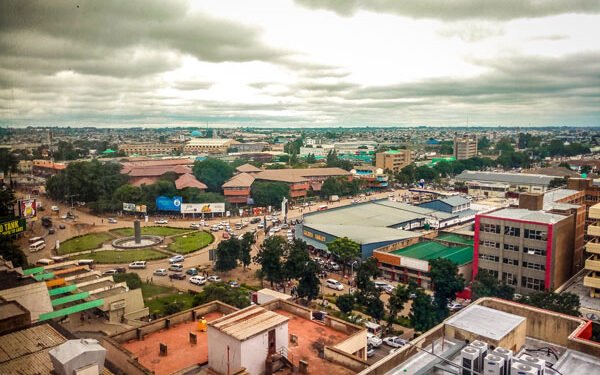A telecoms lobby group in Zambia has warned that lengthy power blackouts caused by load shedding over the past year is taking its toll on the quality of mobile services across the country.
According to a statement released earlier this week, the Global System for Mobile Association of Zambia (GSMAZ) – which comprises MTN Zambia, Airtel Zambia and Zamtel – load shedding blackouts initiated by state-owned power utility ZESCO now last as long as 14 hours a day.
That’s having an unsustainable impact on the over 3,500 mobile towers connected to the ZESCO grid, as the towers are equipped with only four hours of backup power, which is causing “a huge cost variance not only for the fuel and generator maintenance but also for the associated fuel delivery logistics” for mobile operators, the GSMAZ said.
“Though backup power is available at these sites through generators, instances when there is electricity downtime, and extended load shedding hours, our provision of quality of service is compromised as the generators now require constant refueling and more frequent servicing cycles,” the group added.
The blackouts are largely a side-effect of severe climate change in Zambia, which has caused Lake Kariba – formed by the Kariba Dam, which generates electricity for Zambia and Zimbabwe – to lose 98% of its water, according to a January 2023 report from LifeGate Daily.
Early last year, ZESCO – which supplies energy to over 80% of Zambia – responded by increasing the length of power blackouts from six hours to 12 hours to keep the power grid from failing completely, the report said.
The GSMAZ said it recognised that climate change is having a major and unprecedented impact on all levels of life in Zambia, but added that the telecoms sector “is one of Zambia’s key economic enablers for sustained business growth and social development.”
The GSAMAZ statement added that mobile operators are working with tower providers, regulators and other stakeholders to find sustainable solutions to the problem, to include solar-powered backup solutions in the medium to long term. The group also apologized for the inconvenience to customers.
Load shedding is a common practice across much of the African continent as national power grids struggle to keep up with growing demand for electricity. It’s also a perennial headache for mobile operators who have been forced to invest and innovate to find ways around the problem.
In South Africa, where rolling blackouts are so common that state power utility Eskom recorded a record 280 days of blackouts last year, MTN said in March 2023 it would invest US$84.3 million to install solar power, batteries and generators at base stations (as well as investing in extra security to keep people from stealing them) to reduce reliance on Eskom.
Earlier this year, MTN said it would invest another US$101.3 million by the middle of the year in generators, batteries and renewable energy to counter the effect of Eskom load shedding.
In August last year, Vodacom signed a deal with Eskom to enable “virtual wheeling”, which would essentially allow Vodacom to secure energy from independent power producers using Eskom’s infrastructure without all the complexity that usually involves.
Vodacom said at the time it aims to source all of its electricity demand from renewable energy sources by 2025.










